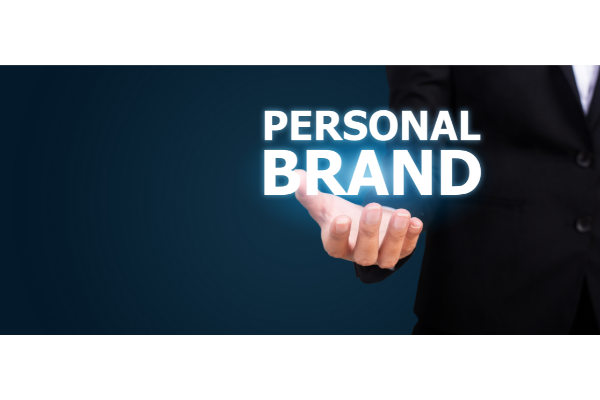You can sign up to our LinkedIn newsletter here.
If you want to be known for everything, you’ll be known for nothing. Most of us have multiple talents and skills. However, others want to know us as the person who can solve specifically this, or address that. “She’s the fix-it person for turn arounds”. “He’s the guy you call on when you want to launch a product”. Whatever you choose to be, your story, background, and personality, all contribute to this persona or brand. Your story gives you the authority to be that brand. If you don’t actively choose all aspects of your brand, it will be muddled, or others will define your brand for you.
Start with skills and qualifications
The most obvious dimensions of your brand are often your skills, qualifications, knowledge and experience. This is a great starting point to go further.
However, remember that your working life so far doesn’t have to define who you are and what you stand for. Your passions and your personality, your purpose and your goals, can all contribute to your brand.
For example, James (not his real name), is an excellent lawyer, and loves music. So, he moved, rebranded himself and focussed on contract law for record companies and artistes. His skills and passions matched. His brand has become a corporate lawyer to the music industry.
How do people describe you when you’re not there?
I encourage those I work with to find 10 people they have worked for, 10 people they have worked with and 10 people drawn from friends and family. Then ask them to jot down four or five answers to the following questions:
- What do people most value about who you are?
- What do people say about what you do?
- What do people think makes you special or different?
- What do people best know you for?
- How would people like you to be different?
- What do people find most difficult about you?
Whether you like what they say or not, this the current perception of your personal brand. Again and again, I find that the answers provoke one of four responses:
- Yes, I knew that already
- Yes, but I thought everyone was like that and didn’t realise it mattered
- I hadn’t realised, but that is true
- I don’t understand how they could say that about me
There is one other response: ‘Why haven’t they mentioned …?’ (fill in the blank).
It is human nature to want to address the negative answers, but I recommend starting with the positive. It is from this you can start to answer the next question.
What do you want to be famous for?
You may not be ready to be famous yet. However, you do need your brand to be distinctively you. Working out what you want to be famous for is important to help you find that distinctive. There is a great speaker on the CEO development circuit who has branded himself ‘The CEO Expert’. That’s what he wants to be famous for. In order to increase recognition, he wears a trademark tie. As you develop your professional brand ask yourself:
- What do you want people to believe about you?
- What do you want people to know about you?
- What do you want people to think about you?
- What do you want people to feel when they work with you?
You may start with a long list but then tease out the elements that are truly distinctive. In 2021, too many people style themselves as innovative, creative or entrepreneurial for it to be truly distinctive unless combined with something surprising. Ideally, you can frame it as a long sentence and then highlight three or four words that set you apart.
Closing the gap
Now that you understand the perceptions others have of you and how you want others to perceive you, it is important to close the gap. In some cases, you will have to accept your limitations but focus on the positive. In other cases, you will want to change perceptions because people can’t see who you truly are. Finally, there will be areas where you want to both change yourself and change the perceptions of others.
I recommend that for each of these three categories you develop an action plan and take the time to implement the changes step by step.
Conclusions
Your personal brand may not be something that, ultimately, you can control. However, you can better understand how you are perceived and actively develop a plan to influence that perception. Your personal brand will matter as you seek to build the workstyle you desire.

Charles McLachlan is the founder of FuturePerfect and on a mission to transform the future of work and business. The Portfolio Executive programme is a new initiative to help executives build a sustainable and impactful second-half-career. Creating an alternative future takes imagination, design, organisation and many other thinking skills. Charles is happy to lend them to you.
